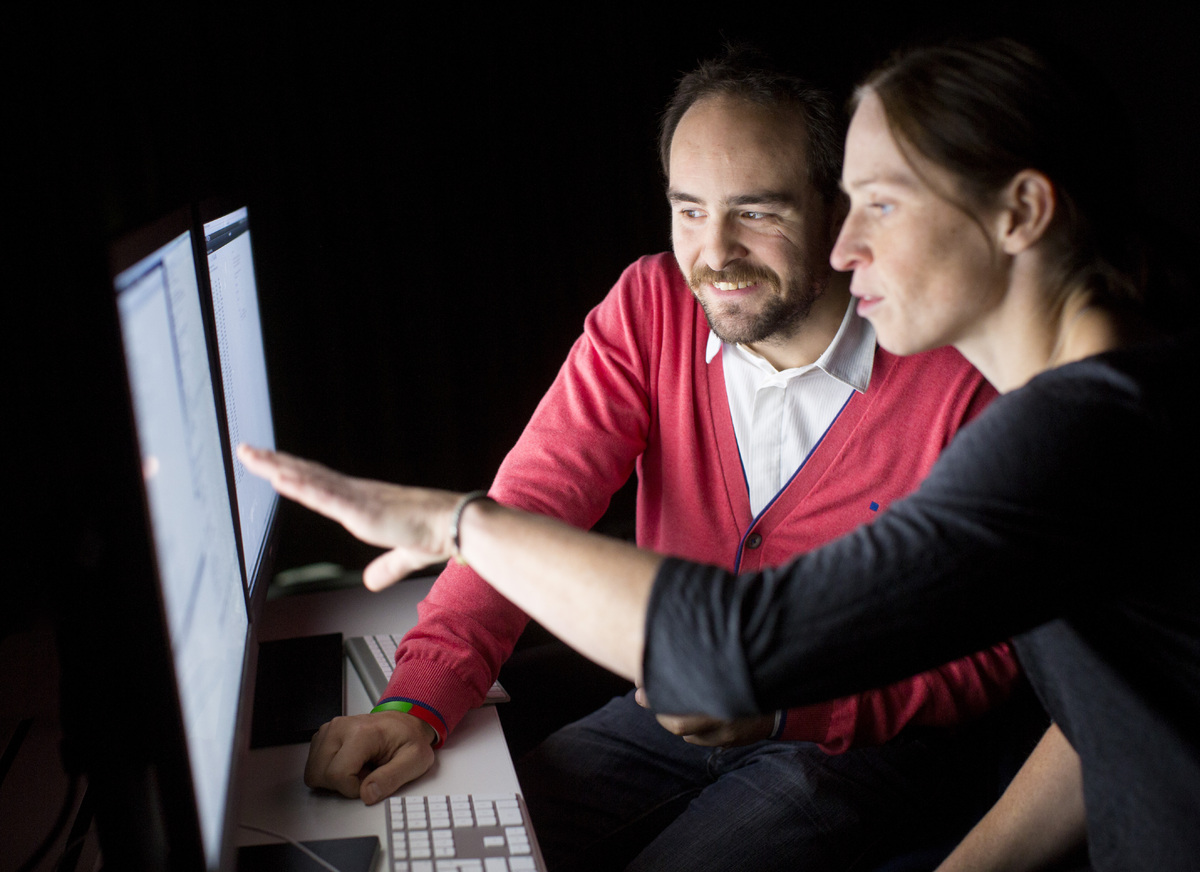Postdoctoral position in Large-scale convex optimization with applications to radiotherapy - Hiring in process/Finished, not possible to apply
This advert is not available!
Uppsala University, Department of Information Technology
The Department of Information Technology has a leading position in research and education. The Department currently has about 300 employees, including 120 teachers and 110 PhD students. More than 4000 students study one or more courses at the department each year. You can find more information about us at the web page of the department of Information Technology
At the Division of Systems and Control we develop both theory and concrete tools for learning, reasoning, and acting based on data. An important goal is to develop mathematical models that capture real-world phenomena and thereby allow machines and humans to act efficiently in the world around us. Optimization methods are of central importance since they are ubiquitous in both our core focus areas: machine learning and control.
We have a wide network of strong international collaborators all around the world, for example at the University of Cambridge, University of Oxford, Harvard University, and Aalto University. There are also ample opportunities for collaborations with other leading machine learning groups in Sweden and Europe, through our affiliations with WASP and the ELLIS society, respectively.
Read more about our benefits and what it is like to work at Uppsala University
Duties
Research on fundamental models and methods for large-scale convex optimization, in particular for multi-objective problems in radiotherapy planning. In current radiotherapy practice, clinicians are often required to manually explore tradeoffs among objectives such as tumor control, risks of side effects, and overall treatment complexity. This is an often laborious and ineffective part of the treatment planning workflow since generating each treatment plan amounts to solving a large-scale convex optimization problem anew. The aim of this project is to develop state-of-the-art optimization methods that take full advantage of the problem structure to (1) achieve computational efficiency and (2) support the efficient exploration of achievable tradeoffs (the Pareto front). The specific methods and theory will be decided on together with the successful applicant. In addition to working closely with the research group at the university, the applicant is also expected to collaborate with domain experts at the radiotherapy company Elekta.
Potentially relevant technical keywords for the position include convex optimization, multi-objective optimization, large-scale (first-order) optimization, randomized linear algebra, and machine learning.
The position can include teaching up to 20% depending on availability and interest.
Requirements
PhD degree in mathematical optimization, computational mathematics, automatic control, machine learning, signal processing, computer vision, computational statistics, or another nearby and relevant field or a foreign degree equivalent to a PhD degree in mathematical optimization, computational mathematics, automatic control, machine learning, signal processing, computer vision, computational statistics, or another nearby and relevant field. The degree needs to be obtained by the time of the decision of employment. Those who have obtained a PhD degree three years prior to the application deadline are primarily considered for the employment. The starting point of the three-year frame period is the application deadline. Due to special circumstances, the degree may have been obtained earlier. The three-year period can be extended due to circumstances such as sick leave, parental leave, duties in labour unions, etc.
Publications at leading conferences in machine learning and/or leading conferences and journals in optimization (or related branches of computational mathematics) are a strong plus.
You are expected to be able to teach in English. Excellent knowledge of oral and written English is a requirement. Knowledge of Swedish is a plus but not required.
Additional qualifications
As a person, you are creative, thorough, and have a structured approach. When selecting among the applicants we will assess their ability to independently drive their work forward, to collaborate with others, to have a professional approach, and to analyze and work with complex problems. Great emphasis will be placed on personal characteristics and personal suitability.
Application: The application should contain:
- A curriculum vitae (CV),
- A copy of relevant grade documents (translated into Swedish or English),
- A list of publications
- Up to five selected publications in electronic format
- A research statement describing your past and current research (max 1 page) and a proposal for future activities (max 1 page).
- Contact information for two references.
- A cover letter briefly describing your motivation for applying for this position and the earliest possible employment date (max 1 page).
About the employment
The employment is a temporary position of 2 years according to central collective agreement. Scope of employment 100%. Starting date as agreed. Placement: Uppsala.
For further information about the position, please contact: Assistant professor Jens Sjölund, jens.sjolund@it.uu.se
Please submit your application by May 3 2023, UFV-PA 2023/1042.
Are you considering moving to Sweden to work at Uppsala University? Find out more about what it´s like to work and live in Sweden.
| Type of employment | Temporary position |
|---|---|
| Contract type | Full time |
| First day of employment | As agreed |
| Salary | Fixed salary |
| Number of positions | 1 |
| Full-time equivalent | 100% |
| City | Uppsala |
| County | Uppsala län |
| Country | Sweden |
| Reference number | UFV-PA 2023/1042 |
| Union representative |
|
| Published | 23.Mar.2023 |
| Last application date | 03.May.2023 |

